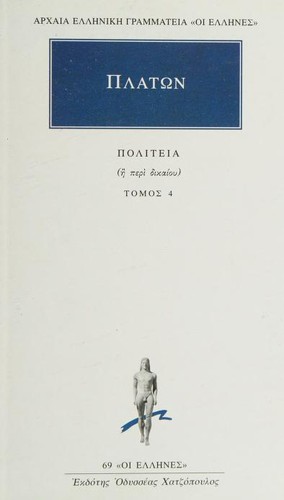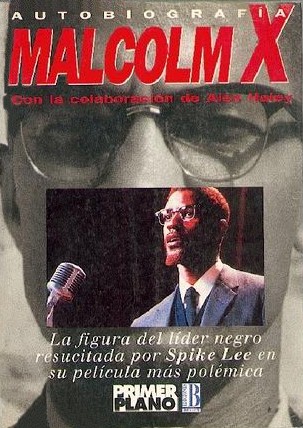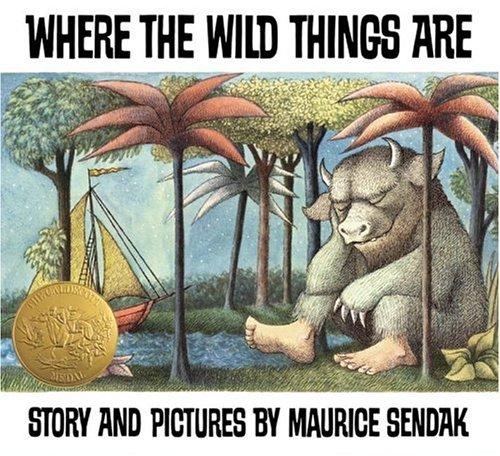Confusing Homophones
[B1] Confusing Homophones in English helps learners master pronunciation and spelling by distinguishing common word pairs. This module covers homophones and other confusing words in English.
Homophones
Homophones are words that sound the same in speech but have different spellings and meanings. In English, homophones are common because many different spellings can represent the same sounds. This module focuses on how to tell homophones apart by using meaning, grammar, and typical sentence patterns rather than pronunciation alone.
Which definition matches homophones?
Spelling vs sound
English spelling does not always match pronunciation, so two different spellings can produce the same spoken form. When you hear a homophone, you must choose the correct spelling based on what the sentence is about and what kind of word is needed. Listening gives you the sound, but the surrounding words tell you the role and meaning.
Rule | Description | Notation | Example |
|---|---|---|---|
Which statement matches the rule “many spellings share one sound”?
Meaning clues
The safest way to choose among homophones is to check meaning: what is the sentence trying to say. Ask a simple question like who, what, where, or why, then pick the word that matches that idea. If you can replace the word with a synonym, that synonym can confirm which homophone you need.
Word/Phrase | Definition | Example |
|---|---|---|
Grammar clues
Homophones often belong to different parts of speech, so grammar helps you choose. Check whether the slot needs a noun, verb, adjective, or adverb, and then pick the homophone that fits that grammatical role. Function words like articles, prepositions, and auxiliaries strongly predict what type of word comes next.
Rule | Example |
|---|---|
Choose the correct word by part of speech: "After the article 'a' we need a ___ (noun)."
There family
There, their, and they’re sound alike for many speakers, but they do different jobs in a sentence. There is used for location or as an introductory word before a verb. Their shows possession, and they’re is the contraction of they are, so it must be followed by something that fits after are.
Word/Phrase | Definition | Example |
|---|---|---|
Your family
Your and you’re are frequently confused because they share the same pronunciation in most accents. Your is a possessive determiner used before a noun, while you’re is the contraction of you are and is followed by an adjective, noun phrase, or verb form that can follow are. A quick test is to expand you’re to you are and see if the sentence still makes sense.
Rule | Example |
|---|---|
Its vs it’s
Its and it’s are confusing because the apostrophe does not mark possession here. Its is possessive and means belonging to it, while it’s is a contraction of it is or it has. If you can expand it’s to it is or it has, then the apostrophe form is correct.
Rule | Example |
|---|---|
Choose the correct expansion: "It's (__) late." Expand if needed.
Then vs than
Then relates to time, sequence, or result, while than is used for comparisons. In speech they may sound similar, especially in fast conversation, but their meanings are different. Look for comparison words like more, less, -er adjectives, or phrases like rather, because those usually require than.
Word/Phrase | Definition | Example |
|---|---|---|
Choose the correct word: "Finish your homework, ___ (next) go to bed."
To vs too vs two
To, too, and two are pronounced the same in many contexts, but each has a distinct function. To is most often a preposition or the marker before a base verb. Too means also or excessively, and two is the number 2, so it typically appears near countable nouns or number-related phrases.
Word/Phrase | Definition | Example |
|---|---|---|
2️⃣ two | 2️⃣ the number 2 | 2️⃣ Two tickets, please. |
Hear vs here
Hear is a verb connected to listening and sound, while here is an adverb connected to location. They are fully homophonous for most speakers, so spelling must come from meaning. If the sentence is about sound, choose hear; if it is about place, choose here.
Word/Phrase | Definition | Example |
|---|---|---|
Choose the correct word: "Can you ___ (perceive sound) that music?"
Proofreading strategy
To avoid homophone errors in writing, use a deliberate check: pause at the word, confirm its part of speech, and run a quick meaning test. Expanding contractions like they’re, you’re, and it’s often reveals mistakes immediately. Reading the sentence slowly and focusing on meaning rather than sound helps you notice when a homophone does not fit the grammar or the message.
Rule | Example |
|---|---|
Which step is recommended when checking homophones in writing?

















